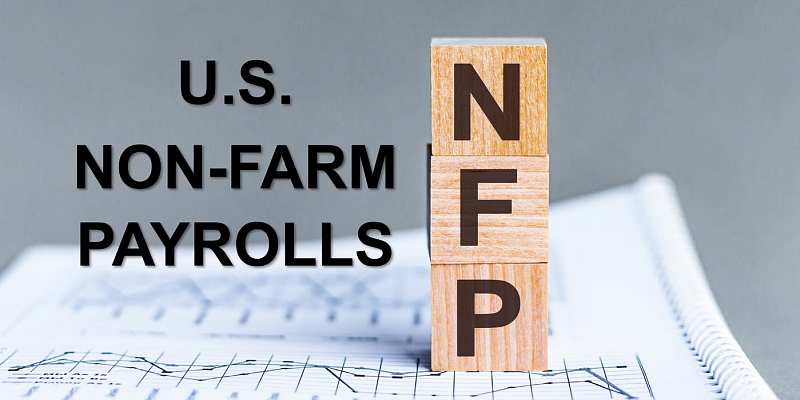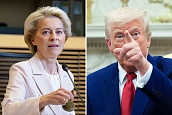
FUNDAMENTAL REVIEW FOR THE WEEK (1 - 5 July 2024)
The past week on the foreign exchange market mostly passed in a multidirectional mode, without a clear trend. Many market participants preferred to wait for Friday's US inflation data and the 1st round of elections to the Paris Parliament, being "on the fence." On the last trading day of the week, American consumer prices for June finally came out, being strictly at the forecast level.
This demonstrated a steady downward trend in inflation (it fell from 2.8% to 2.6% in June), thereby increasing the likelihood of the Federal Reserve's first interest rate cut in September. The result is additional pressure on the dollar in the medium term, especially with confirmation of these words from Fed members,
The beginning of this week is marked by the announcement of the results of the first round of parliamentary elections in France. Despite the fact that Marine Le Pen's party did not win an absolute majority, the result was quite expected. Although it caused a small gap at the opening, which can be regarded as the closing of shorts by those traders who expected a more negative election result for Macron’s party.
The upcoming second round of voting on July 7 is crucial and is, in fact, the current president's last opportunity to prevent the formation of a government led by Marine Le Pen's party. To achieve this, Macron must attract candidates from the Greens, Socialist and Communist parties, thereby forming a left bloc of the coalition that can fully oppose Le Pen's right bloc. The stability of the euro in the first days of the week depends on these events. Failure to make the necessary changes in the candidate ranks, or insufficient numbers of such changes, is likely to lead to a further decline in the euro.
The coming week is expected to be an eventful one, including important economic news and geopolitical developments. Along with parliamentary elections in France, Britain is also scheduled to hold parliamentary elections on July 4, a date apparently chosen to coincide with US Independence Day. Forecasts unanimously predict a Labor Party victory, a result that bodes well for the British economy and the pound. The critical question is whether Labor can secure a large majority to pass the policies it proposes. In the worst case, a hung parliament could follow, leading to legislative deadlock.
The main economic event of the coming week will be the publication of a report on US agriculture - nonpharma on Friday. Also worth paying attention to is the US Services ISM report on Wednesday, the JOLTS report on Tuesday and the US Industry ISM report on Monday.
Wednesday is expected to be the busiest day of the week in terms of economic reports, with US and UK markets closed on Thursday. This could trigger profit-taking on Wednesday evening, which could potentially lead to reduced liquidity at the US labor market report on Friday. Consequently, this could cause larger price swings in the foreign exchange markets on Thursday and especially on Friday.


